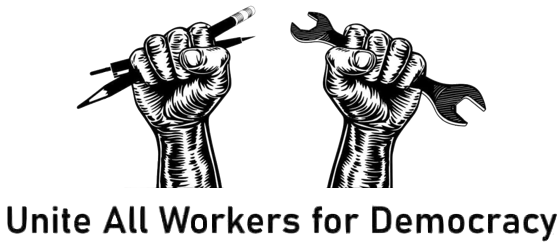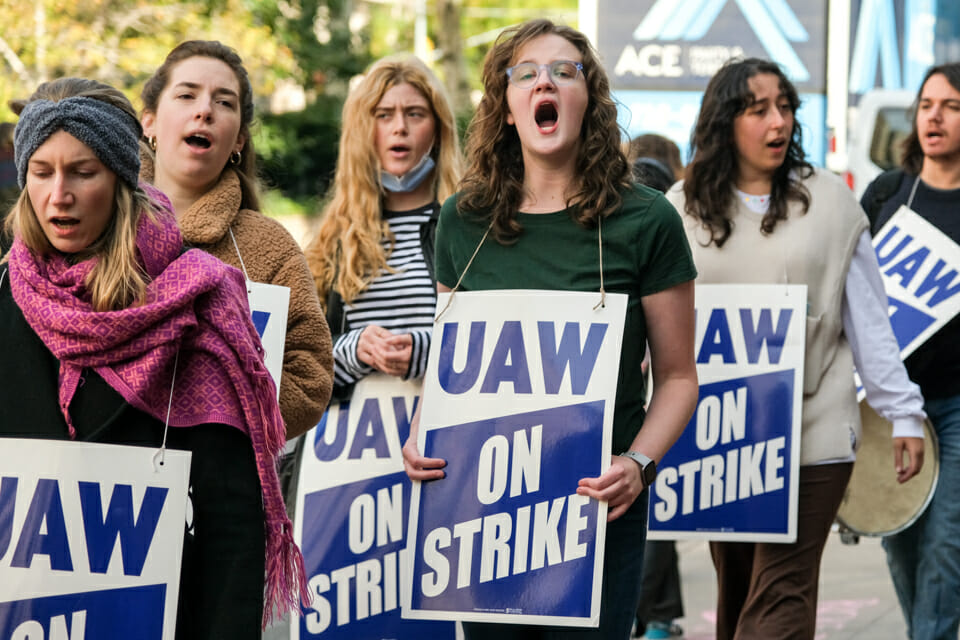The union contends that this strike falls into the classification of an unfair labor practice strike, which would make replacement of their labor an illegal retaliatory act. Before going on strike on Nov. 3, the SWC-UAW filed two unfair labor practice charges with the National Labor Relations Board. One charge dealt with changes made by the University to the stipend pay schedule without consulting workers, which the SWC-UAW contends is an unfair practice due to the unilateral nature of the change. The other charge regarded a wage freeze that was implemented after the strike last spring, which the union also viewed as an unfair retaliation to the strike.
If the union is right about the classification of the strike, the University’s acknowledgment that it might replace strikers in the spring is a form of illegal retaliation. Professor Catherine Fisk of the University of California, Berkeley, School of Law views the email as a threat of permanent replacement, as striking workers are not guaranteed a return to their jobs if the strike ends.
“If it is an unfair labor practice strike, the employer cannot permanently replace the striking workers,” she said. “To permanently replace an unfair labor practice striker is itself an unfair labor practice.

